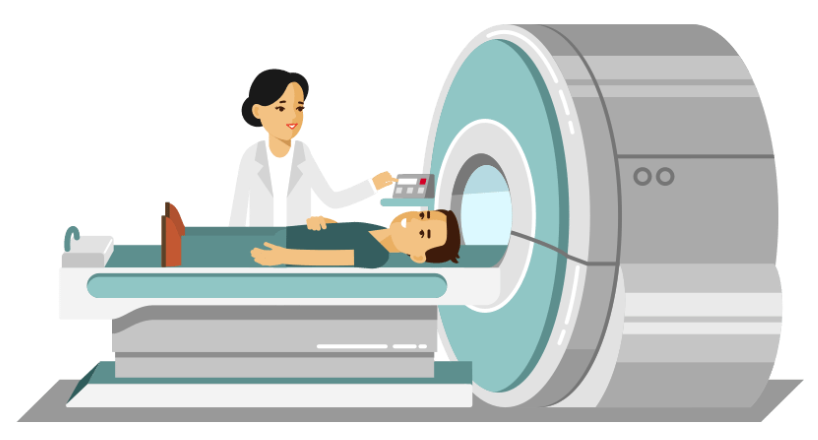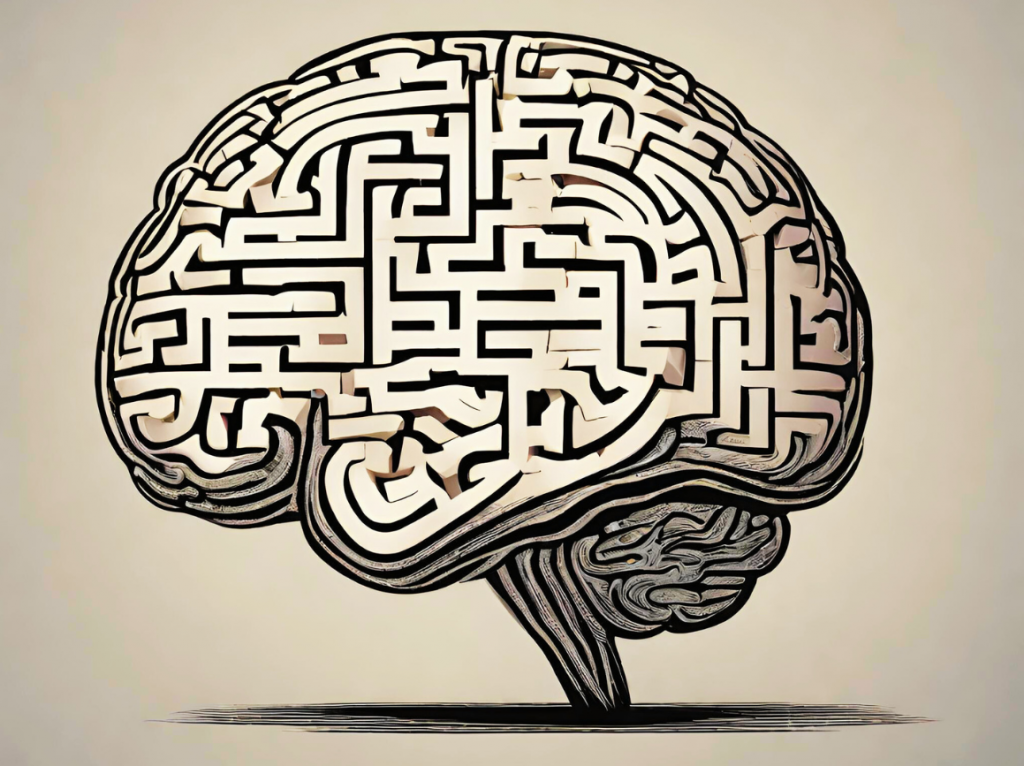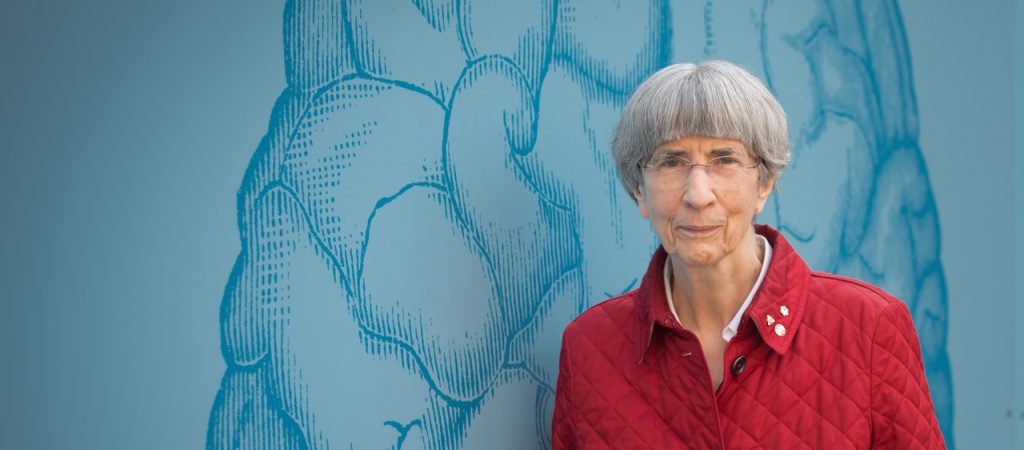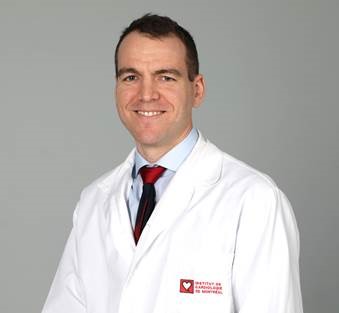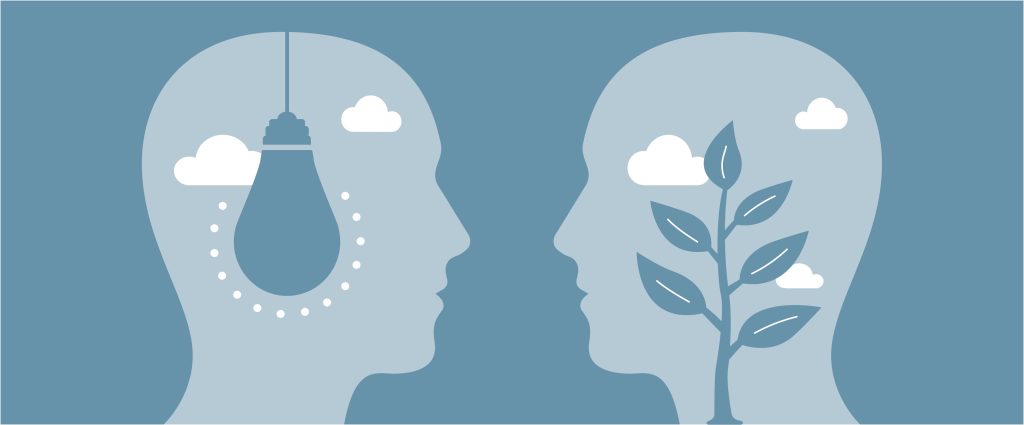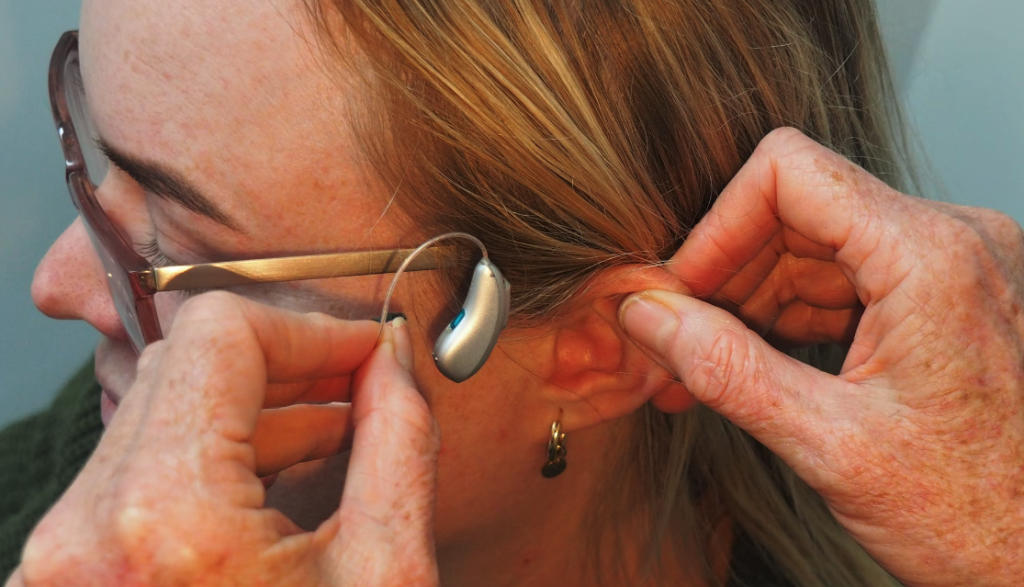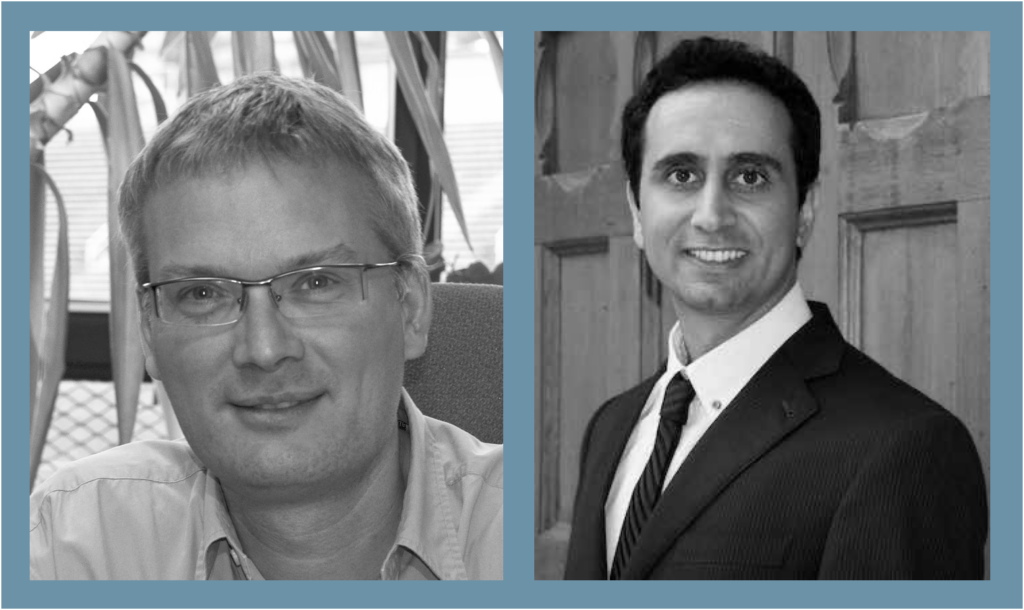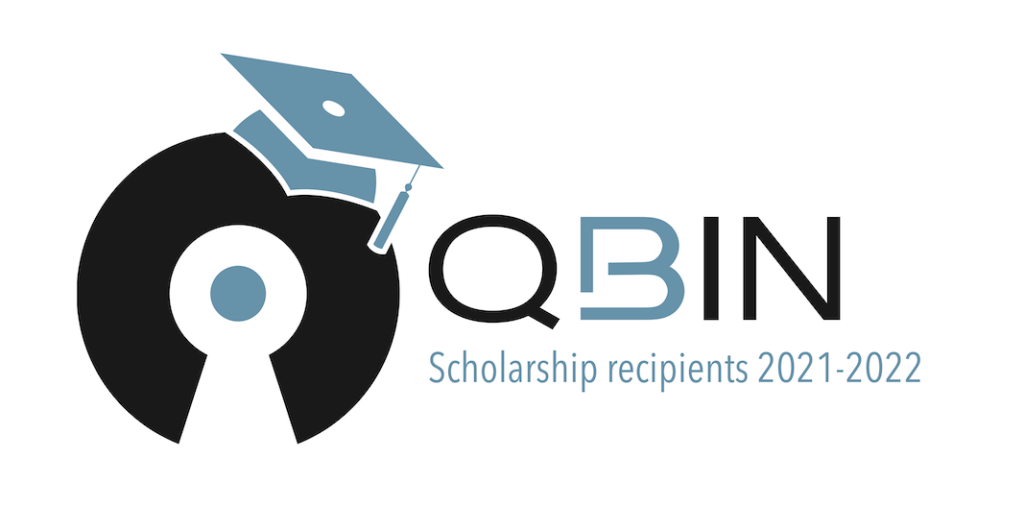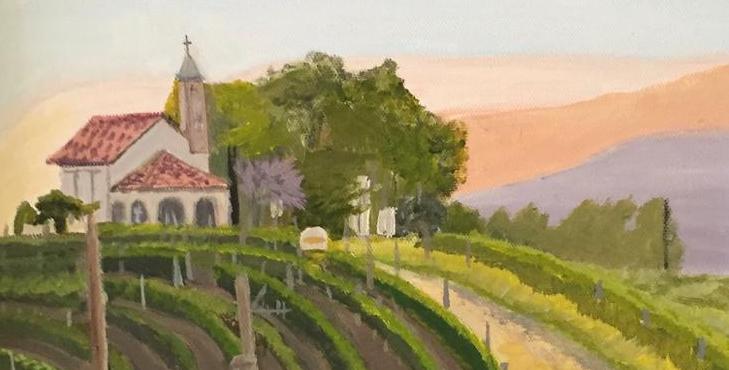A quick guide to MRI and how it works
Magnetic Resonance Imaging, often referred to as MRI, is a term you’ve probably come across before, but the inner workings of this advanced medical technology might seem like a puzzle. With roughly 30 million MRI scans performed every year in the United States, MRI is the third most commonly used imaging technique after X-rays and computed tomography (CT) scans, and the second most used neuroimaging technique after electroencephalography (EEG). Don’t let these jargon-heavy terms intimidate you – by the end of this blog post, you will have a better understanding of how MRI works. So bear with me and think of me as your friendly guide in unraveling this captivating yet intricate subject.

